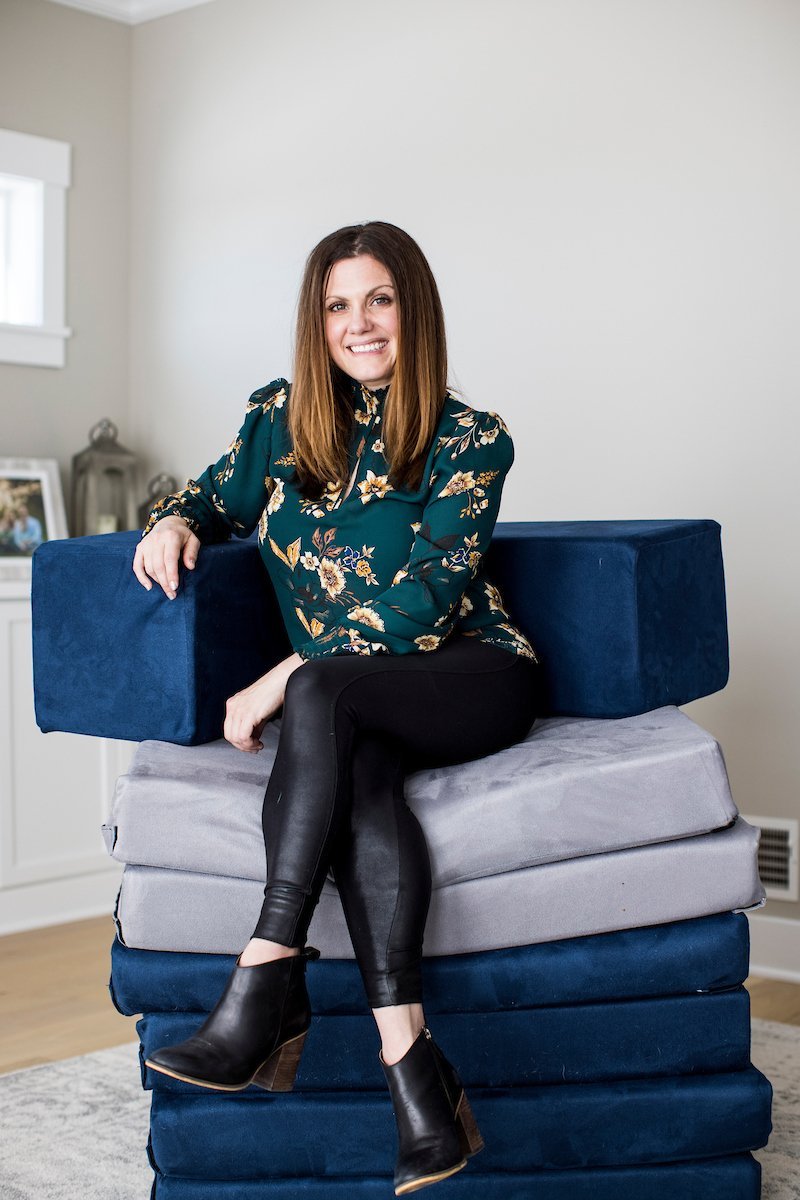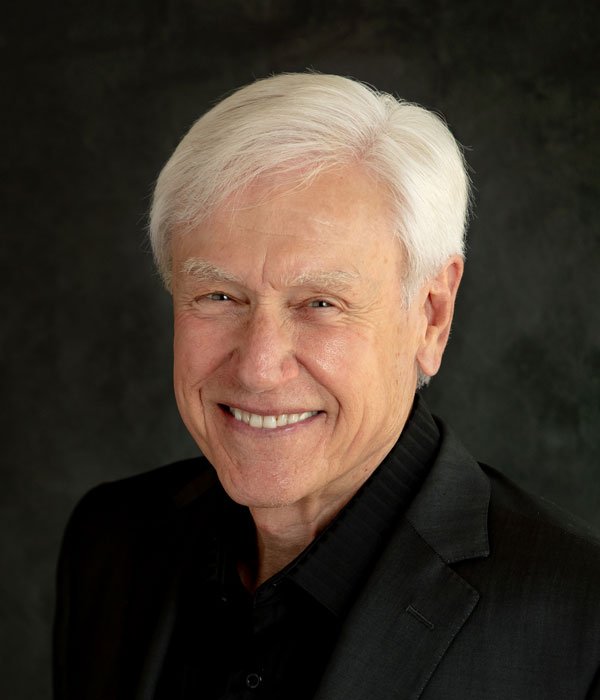I recently went one on one with serial entrepreneur Rachel Neill. Rachel is the co-founder of Carex Consulting Group, Figgy, and Talent Bandit.
Adam: Thanks again for taking the time to share your advice. First things first, though, I am sure readers would love to learn more about you. How did you get here? What experiences, failures, setbacks or challenges have been most instrumental to your growth?
Rachel: Oh man. It’s really been a wild ride, Adam! All my life I marched to the beat of a different drum (as my mom likes to kindly say). I never fit the mold, even from the youngest age. At just 16 I found myself pregnant and single, and with no real idea about how I was going to make it… However, I was always full of drive and ambition so I forged ahead one step at a time. Years later I ended up attending the University of Pennsylvania and getting a full ride to law school! At that point I thought I had figured everything out… but turns out, law school was not the right fit for me – after signing up I soon became miserable at the prospect of becoming a lawyer, and knew I needed to change my direction!
When the opportunity arose to move to Wisconsin, I jumped on the chance for a fresh start and new challenge. A chance meeting led me to the startup space and I was able to join a fast-growing early-stage startup that grew to over $150 million in revenue.
In 2015, shortly after giving birth to my daughter, I lost my Dad very suddenly. It was a catalyst for me to really take the leap and become the entrepreneur I knew I wanted to be. I left my steady paycheck, raised a round of capital, and never looked back! Carex Consulting Group, my first company, is still going strong five years later. But when the pandemic hit, things slowed down and it was scary. I thought, what am I going to do if we don’t pull through this? From that idea, and the fact I have five kids at home with me – the Figgy (my first product launch) was born.
As someone who had never launched a product company before, it was all very new. We went with Kickstarter as a launch platform to help mitigate cost/risk in case nobody wanted our product. Turns out other people loved the Figgy too, and we sold over $40K in just eight minutes, and officially became a DTC eCommerce business. As an entrepreneur I’m used to facing challenges and rebounding, when supply chain issues hit – we immediately tried to find our Plan B and survive another month, and each month we continued to shift- it quickly went from surviving to thriving in that space!
Adam: How did you come up with your business ideas? What advice do you have for others on how to come up with great ideas? I think people often mistake entrepreneurship for inventing something completely novel. Entrepreneurship can be improving on an existing idea! I tell people to think about some of the things they wish were improved/better and think about whether it’s a viable idea that others might be in need of.
Rachel: Well a great idea is born from necessity and creativity I think. In terms of my latest venture, Figgyplay.com, it was a product born from the pandemic. My co-founder and I found ourselves struggling to keep our kids entertained while working from home, and so I started to brainstorm about ways to keep the kiddos busy for hours on end, more importantly, ways to get them to turn off the TV, tablets and screens!
I pitched the idea of a kids play couch to my friend Chris Roepe, who had worked as a retail executive at companies such as Lands’ End, Intel, and Motorola, and has extensive experience working with supply chains… He’s also a dad and thought it was great, so that’s how it all began.
It’s interesting because, and yes, to your point, when we went to the market there was no shortage of kid play couches, however, we knew there was tons of room for improvement and ways to set our idea apart! Our focus was bringing the highest quality, made to last and certified/non-toxic product to the market. Also, things like making ours water-proof, our color options and of course adding velcro to the couch set us apart from the rest! Sometimes other companies are the first to market, but making a quality product ensures longevity.
Adam: How did you know your business ideas were worth pursuing? What advice do you have on how to best test a business idea?
Rachel: First off, I always talk to everyone about my idea. I often hear people with business ideas say they are afraid to share it because someone might steal it. But I believe execution is the hard part – it’s better to share an idea and get feedback than have an idea that is secret and not worth pursuing. Find out from people what they think of your idea! Find a lean way to test your business next, for example, with Figgy we used Kickstarter. If we didn’t have enough pledges, we didn’t have to deliver the product. We found a number at which we’d feel comfortable making and delivering Figgies and then set our goal at that. It was a great chance to gauge supply and demand.
Adam: What are the key steps you have taken to grow your businesses? What advice do you have for others on how to take their businesses to the next level? I believe in finding mentors who have been there and done that and asking them for advice. They often will be able to point you in the right direction quickly or tell you about their failures so that you can avoid the same mistakes. THey will also help you level up as you scale.
Adam: What are your best sales and marketing tips?
Rachel: Don’t be afraid to ask and hear “no.” I always say, “I just need one yes!” That way the 99 “no’s” don’t matter. Reach big and don’t let fear hold you back. Fear limits people. Second, I’d say use data and test out all different methods to really see what works, don’t assume, take the time to understand the space you are heading into. Facebook and Instagram might be the best advertising for one company but direct mailing might work better for another. You have to test it out.
Adam: In your experience, what are the defining qualities of an effective leader? How can leaders and aspiring leaders take their leadership skills to the next level?
Rachel: A good leader listens and learns from their team. Nobody is above another and everyone has an important role in making the company move forward. I believe in transparency and giving team members opportunities, by including them, and allowing them to level up. I am a collaborative leader, and I am fueled by what my team brings to the table, teamwork is essential. I also don’t believe in micromanaging, it’s counter productive. You must trust your team, and they will greatly appreciate that.
Adam: What is your best advice on building, leading and managing teams? You have to find the right culture fit above all else. Having an employee that performs but doesn’t fit the team won’t work in the long term. Be clear about your expectations and invest in your people.
Adam: What are your three best tips applicable to entrepreneurs, executives and civic leaders?
Rachel:
-
Stay curious and humble. You’ll hopefully have some big wins, but there are always the lows and times you need people to lift you up.
-
Keep learning- evolve with market changes, study them and use it as inspiration to grow.
-
Network! Meet people, find mentors, and stay connected.
-
Always have a plan B. Nothing will ever go as planned and you’ll have to get comfortable with change and pivots.
Adam: What is the single best piece of advice you have ever received?
Sometimes quitting is the right thing. Don’t force something that isn’t right.









